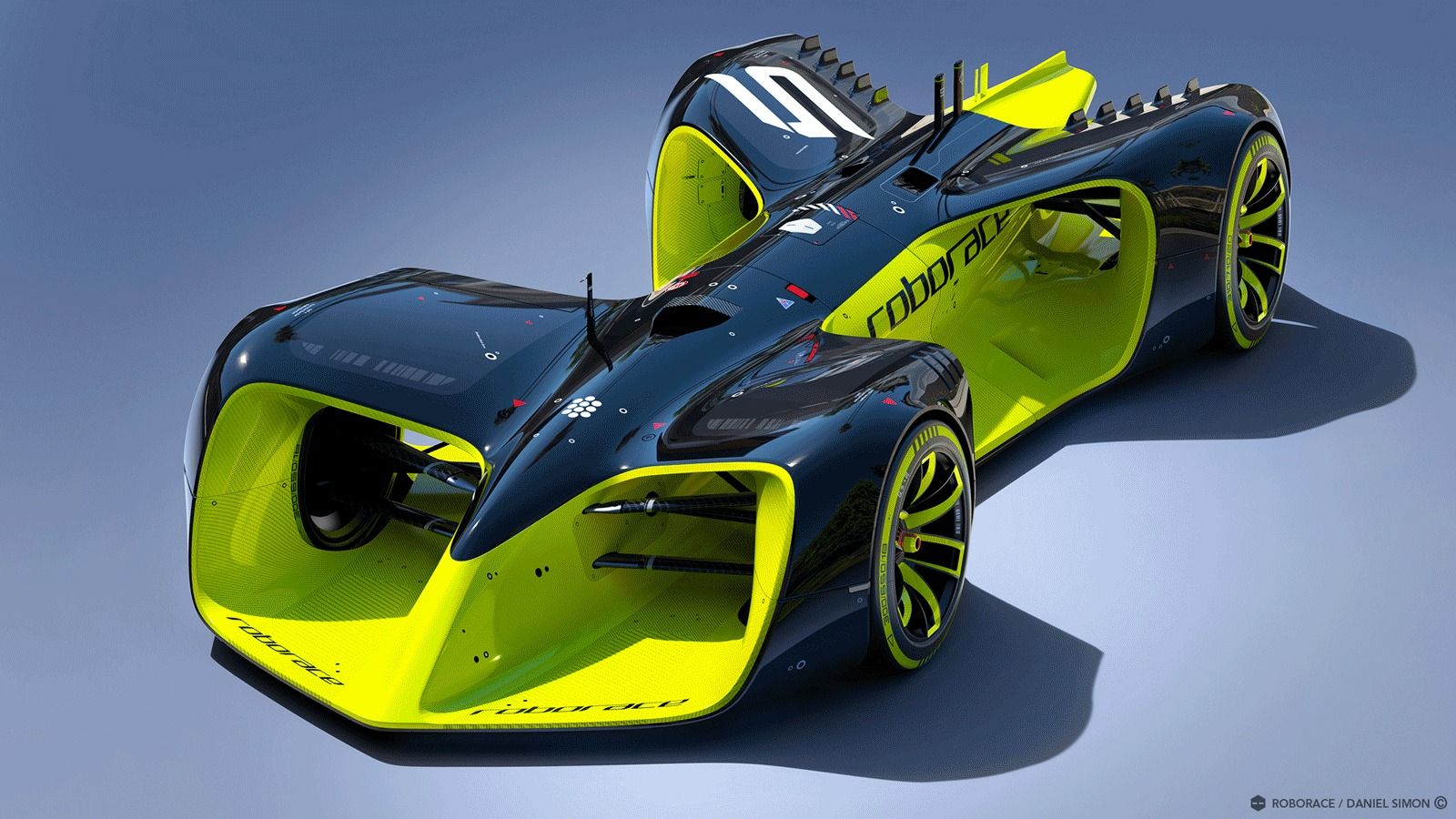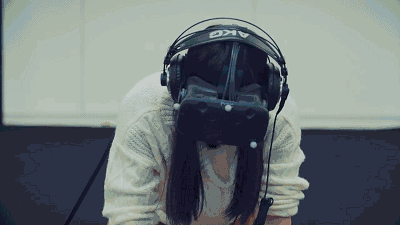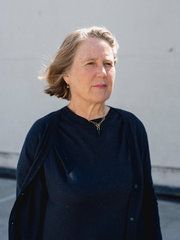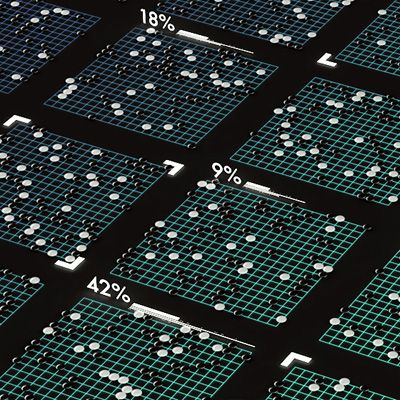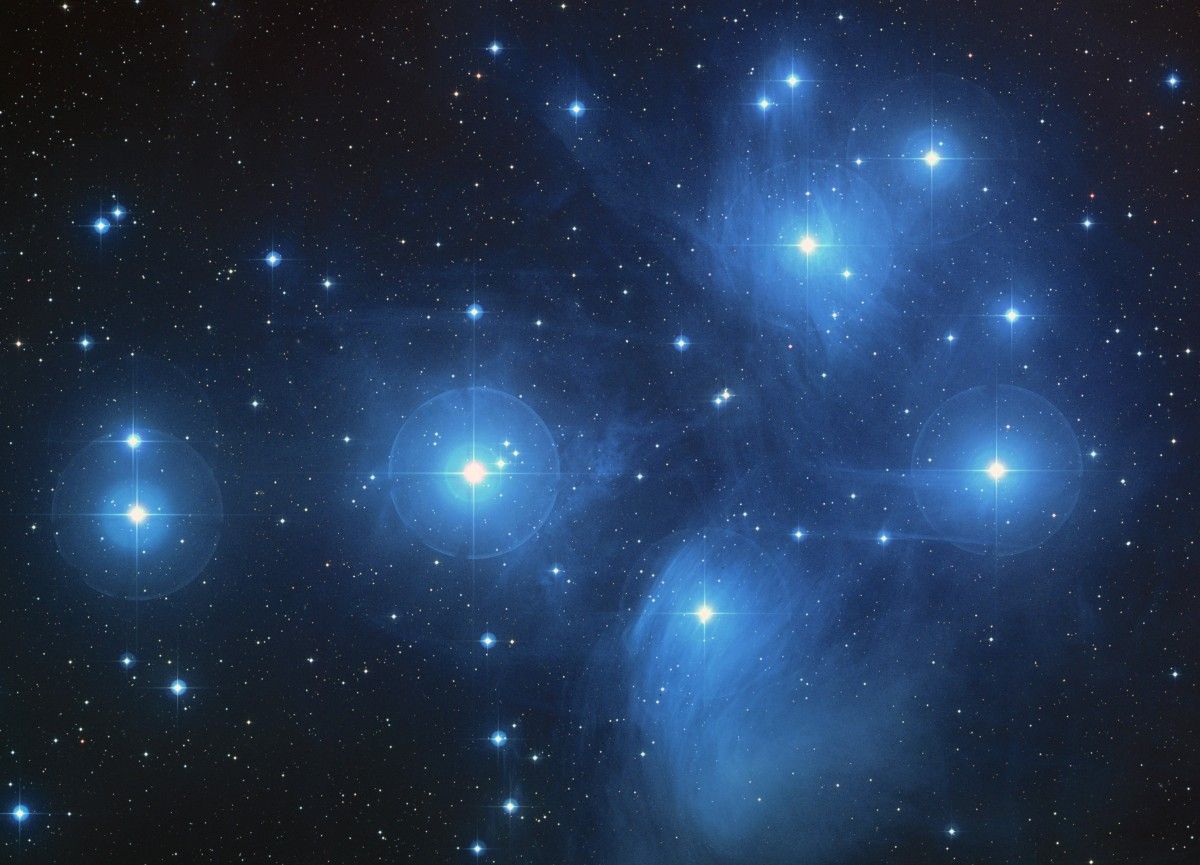Page 11306
Mar 30, 2016
Global championship of driverless cars
Posted by Klaus Baldauf in categories: information science, robotics/AI, transportation
Mar 30, 2016
Silicon Valley Looks to Artificial Intelligence for the Next Big Thing — By Quentin Hardy | The New York Times
Posted by Odette Bohr Dienel in categories: business, machine learning, robotics/AI
” “There is going to be a boom for design companies, because there’s going to be so much information people have to work through quickly,” said Diane B. Greene, the head of Google Compute Engine, one of the companies hoping to steer an A.I. boom. “Just teaching companies how to use A.I. will be a big business.” ”
Mar 30, 2016
Quantum computing with single photons getting closer to reality
Posted by Andreas Matt in categories: computing, quantum physics
(Phys.org)—One promising approach for scalable quantum computing is to use an all-optical architecture, in which the qubits are represented by photons and manipulated by mirrors and beam splitters. So far, researchers have demonstrated this method, called Linear Optical Quantum Computing, on a very small scale by performing operations using just a few photons. In an attempt to scale up this method to larger numbers of photons, researchers in a new study have developed a way to fully integrate single-photon sources inside optical circuits, creating integrated quantum circuits that may allow for scalable optical quantum computation.
The researchers, Iman Esmaeil Zadeh, Ali W. Elshaari, and coauthors, have published a paper on the integrated quantum circuits in a recent issue of Nano Letters.
As the researchers explain, one of the biggest challenges facing the realization of an efficient Linear Optical Quantum Computing system is integrating several components that are usually incompatible with each other onto a single platform. These components include a single-photon source such as quantum dots; routing devices such as waveguides; devices for manipulating photons such as cavities, filters, and quantum gates; and single-photon detectors.
The Go-playing program teaches itself to replicate something very much like human intuition, an advance that promises far-reaching consequences.
Mar 30, 2016
New Video: The Physics of Quantum Annealing
Posted by Klaus Baldauf in category: quantum physics

In our last video we explained quantum annealing, and how the D-Wave system uses it for computation. In this new video we drill down into the physics of quantum annealing, and explain the concepts of the Hamiltonian and Eigenspectrum.
Mar 30, 2016
This Week in Science: Mar 20 — 27, 2016
Posted by Shailesh Prasad in categories: 3D printing, bioengineering, biotech/medical, science, space
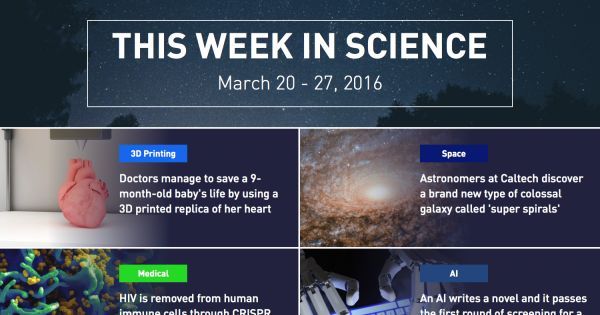
3D printed heart replicas, A new type of colossal galaxy, shutting down HIV with gene editing, and more!
Mar 30, 2016
This Week in Science: March 20-27th 2016
Posted by Shailesh Prasad in categories: 3D printing, bioengineering, biotech/medical, science, space
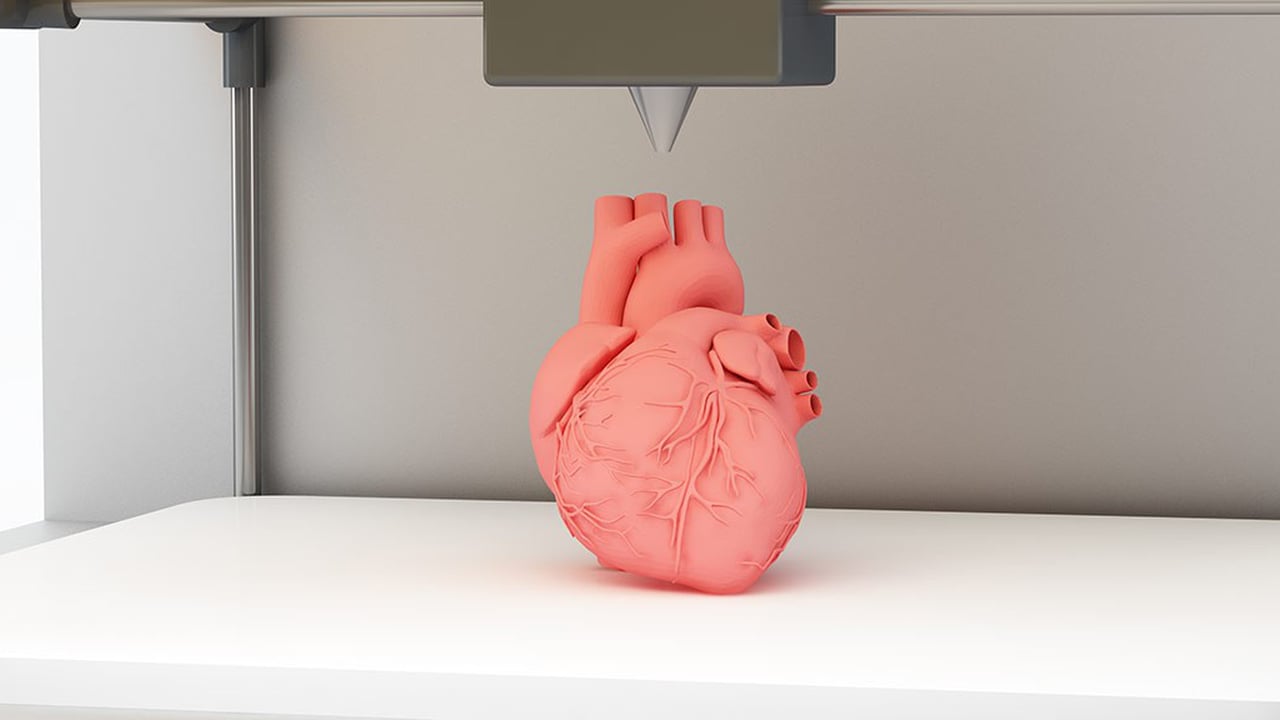
This Week in Science — March 20 −27, 2016.
3D printed heart replicas, A new type of colossal galaxy, shutting down HIV with gene editing, and more.
Mar 30, 2016
Planet 9 May Hail From Sun’s Stellar Birth Cluster
Posted by Bruce Dorminey in category: space
Planet 9, if indeed it’s out there, may have been stripped from one of our Sun’s stellar siblings, very early in the life of our solar system. The idea is that the Sun’s original birth cluster of at least a 1000 stars was pretty crowded and there was ample opportunity to gravitationally strip a planet from a stellar brother or sister. But guess stars don’t get jealous, eh?
A possible super-earth lying on our solar system’s outer fringes may have been captured from a star in our Sun’s original stellar birth cluster, Alexander James Mustill, an astronomer at Lund University in Sweden, tells me.
Even though Planet 9’s existence still remains up for debate, a growing body of evidence for nearly decade now indicates the presence of a planet some 10 times the mass of Earth that orbits the Sun at a distance of up to 900 astronomical units (or Earth-Sun distances).
Continue reading “Planet 9 May Hail From Sun’s Stellar Birth Cluster” »

